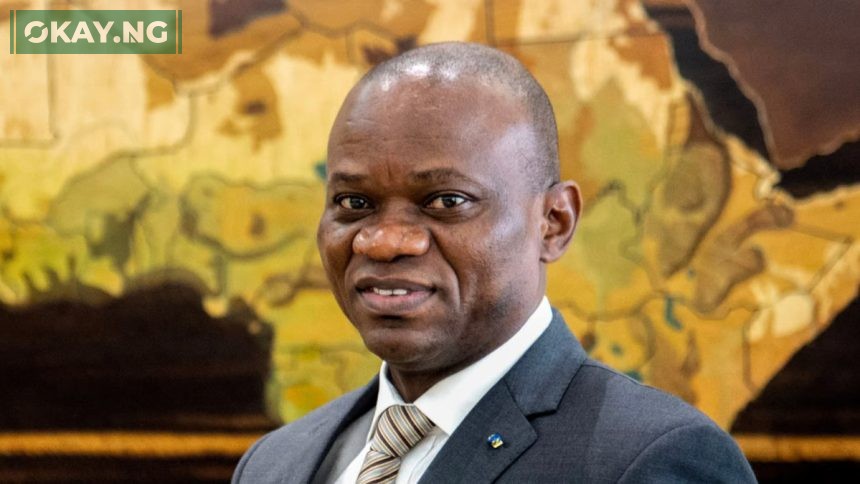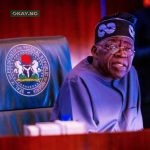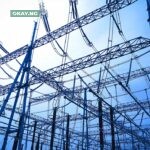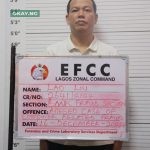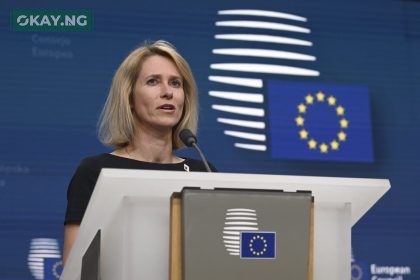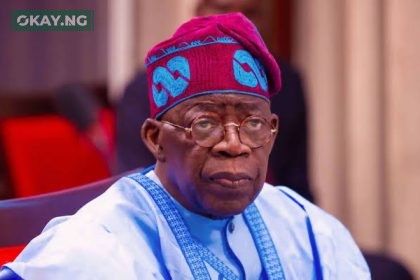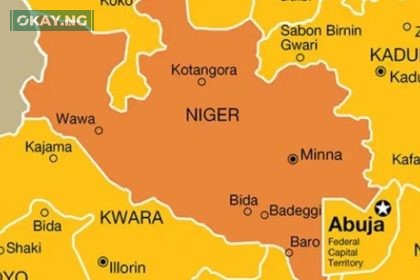In a decisive electoral outcome, Brice Oligui Nguema, the leader of the August 2023 coup, has secured a resounding victory in Gabon’s presidential election, garnering 90.35% of the votes, according to provisional results announced by the nation’s interior minister on Sunday. This result effectively solidifies Nguema’s grip on power, marking a significant turning point for the Central African oil-producing nation.
The election, held 19 months after the coup that ousted the Bongo family’s more than half-century rule, saw Nguema’s most prominent challenger, Alain Claude Bilie By Nze, former prime minister under Ali Bongo, receive a mere 3.02% of the vote. The turnout, notably, reached 70.40%, a substantial increase from the 56.65% recorded in the contested August 2023 election that triggered the coup.
Nguema, who campaigned on a platform of change and anti-corruption, pledged to diversify Gabon’s oil-reliant economy and address the nation’s persistent poverty, which affects approximately one-third of its 2.5 million citizens. “We must build a new Gabon, one that serves all its people,” Nguema stated during his campaign.
The 2023 coup followed Ali Bongo’s disputed victory, which the opposition denounced as fraudulent. The international community, including investors, closely monitored this election, seeking reassurance of Gabon’s democratic transition. “Prolonged political uncertainty and fears of extended military rule have constrained Gabon’s economic growth, exacerbating the country’s budget deficit and debt levels,” noted Mucahid Durmaz, senior Africa analyst at Verisk Maplecroft. “A democratically elected government with a clear mandate will be better positioned to engage with multilateral partners and to pursue fiscal reforms and debt restructuring, which are essential to establishing macroeconomic stability.”
Read Also: Dikko Champions Nigeria’s 2030 Commonwealth Games Bid, Citing National Unity and Development
Gabon’s economy has shown modest growth, with a 2.9% increase projected for 2024, up from 2.4% in 2023, driven by infrastructure projects and increased commodity production. However, the nation faces challenges in distributing its oil wealth equitably.
Under the new constitution approved last November, Nguema’s victory grants him a seven-year term, renewable once. While he has promised a departure from the Bongo era, his own history includes ties to the former regime, having served as an aide-de-camp to Ali Bongo’s father, Omar Bongo, who ruled Gabon for over four decades.
The election results and Nguema’s subsequent leadership will be closely watched, both domestically and internationally, as Gabon navigates its path forward. The nation’s ability to address its economic disparities and establish a stable political environment will be crucial in the coming years.


